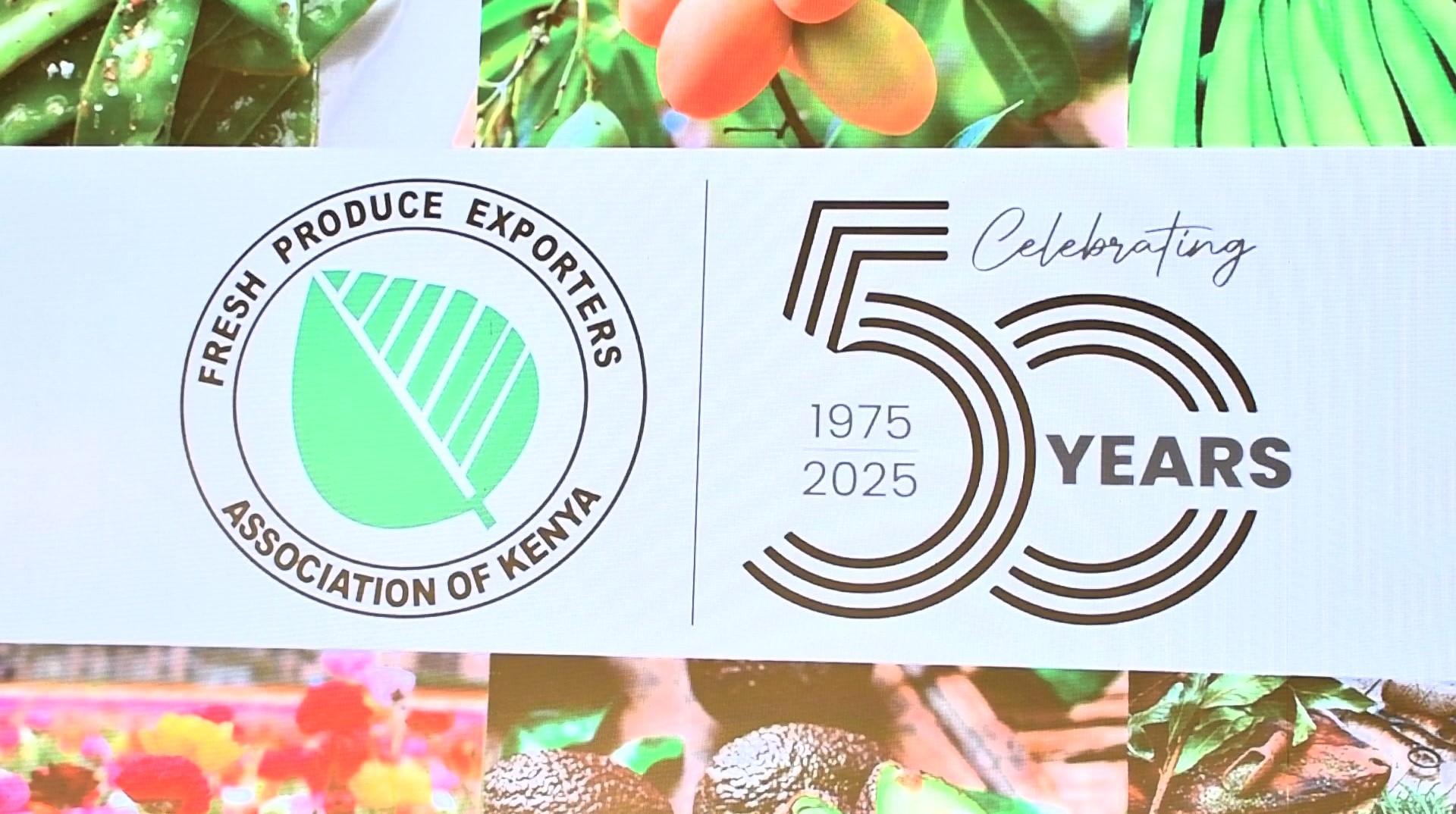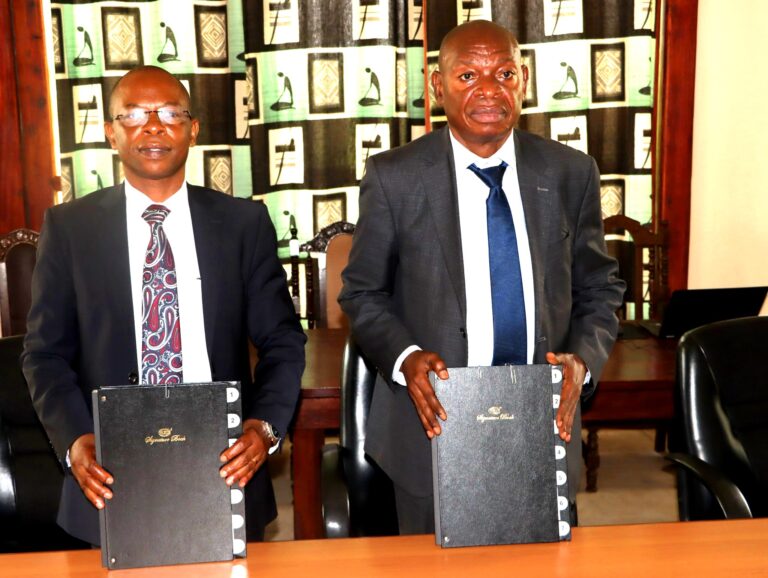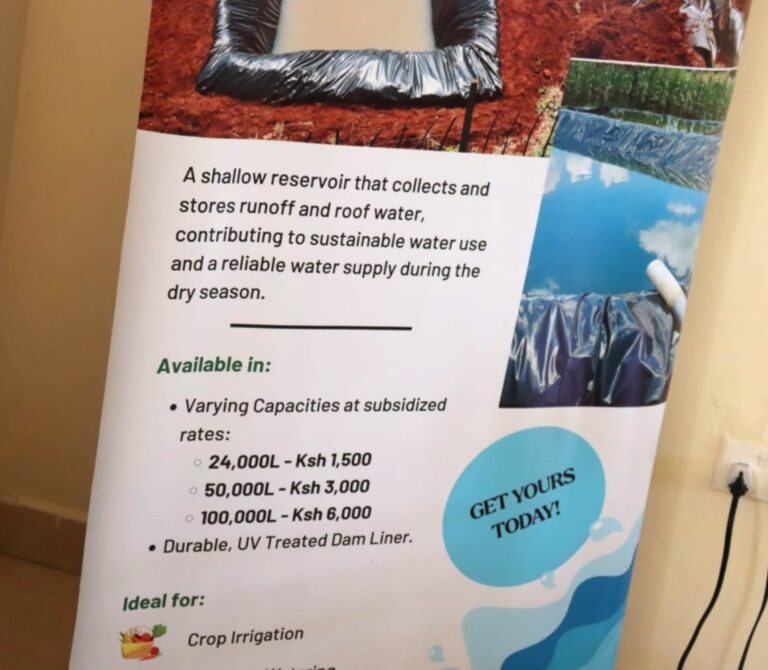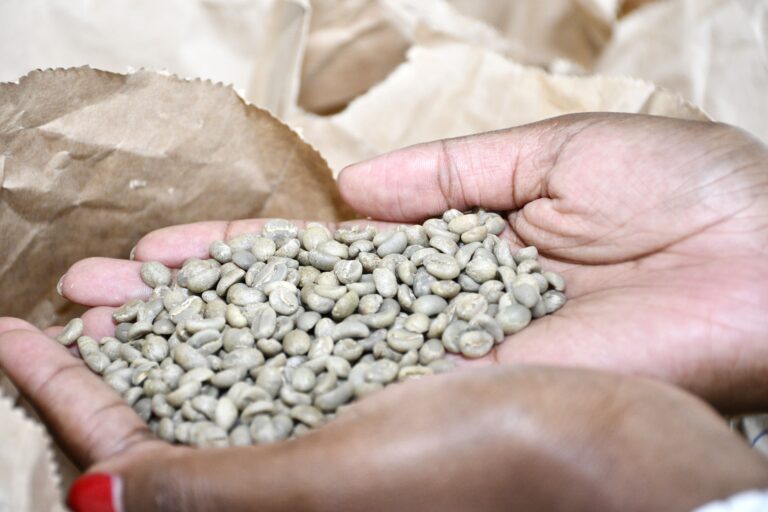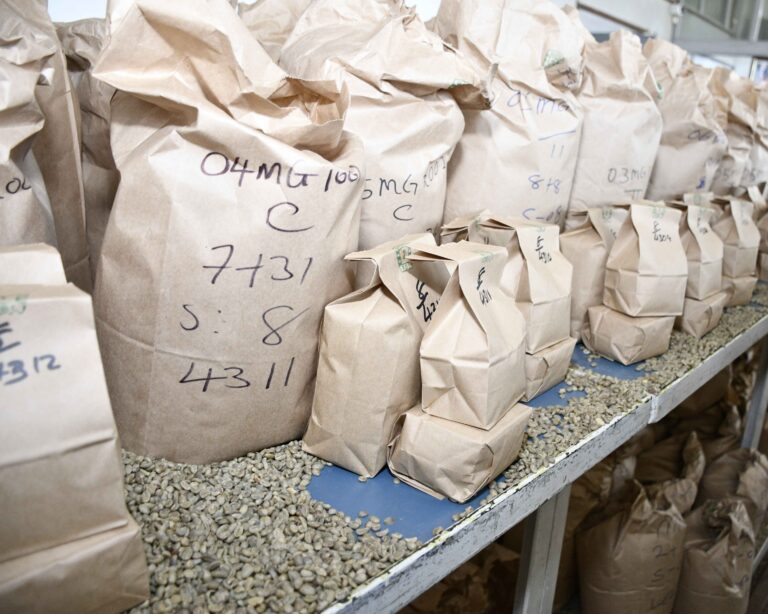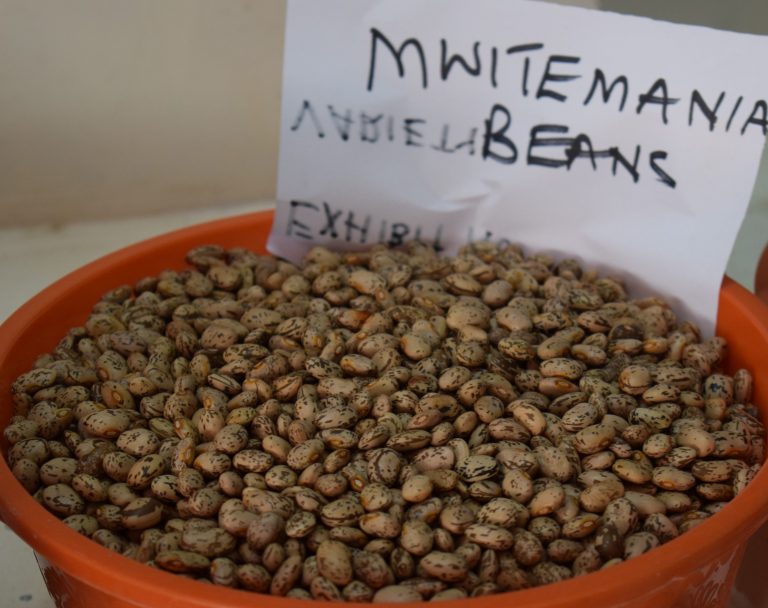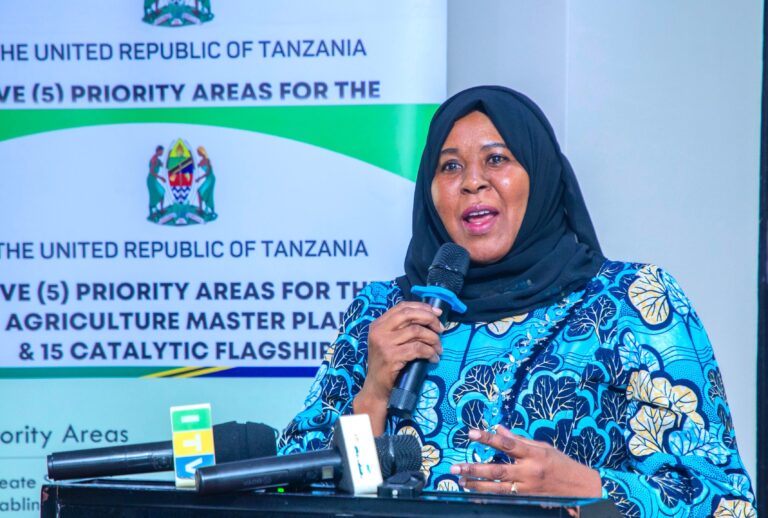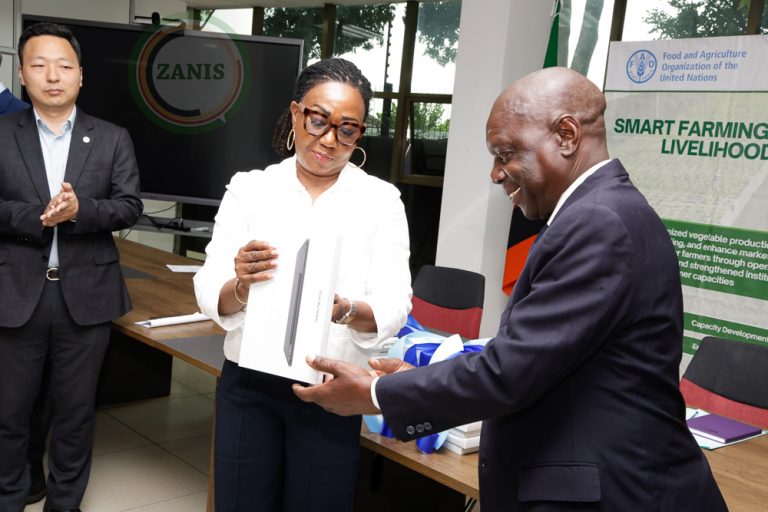By Kimuri Mwangi
The Fresh Produce Exporters Association of Kenya (FPEAK) is marking its 50th anniversary, celebrating five decades of advocacy, growth, and transformation in the country’s horticulture export sector.
Founded in 1975 by a group of entrepreneurial farmers seeking to amplify their voice in government and improve access to international markets, FPEAK has grown from an initial 36 members to over 200 companies today. These firms export a wide variety of fresh produce, flowers, fruits, and vegetables to global destinations including the European Union, the United Kingdom, Asia, and America.

“We are celebrating 50 years of FPEAK’s existence,” said FPEAK CEO Hosea Machuki. “The association was formed to champion the voice of growers and exporters, and to organize the production of fresh produce for the global market.”
According to Machuki, the horticulture sector now contributes approximately KSh 150 billion annually to Kenya’s economy in earnings. He emphasized the importance of continued collaboration with the government and development partners to sustain and expand this growth.
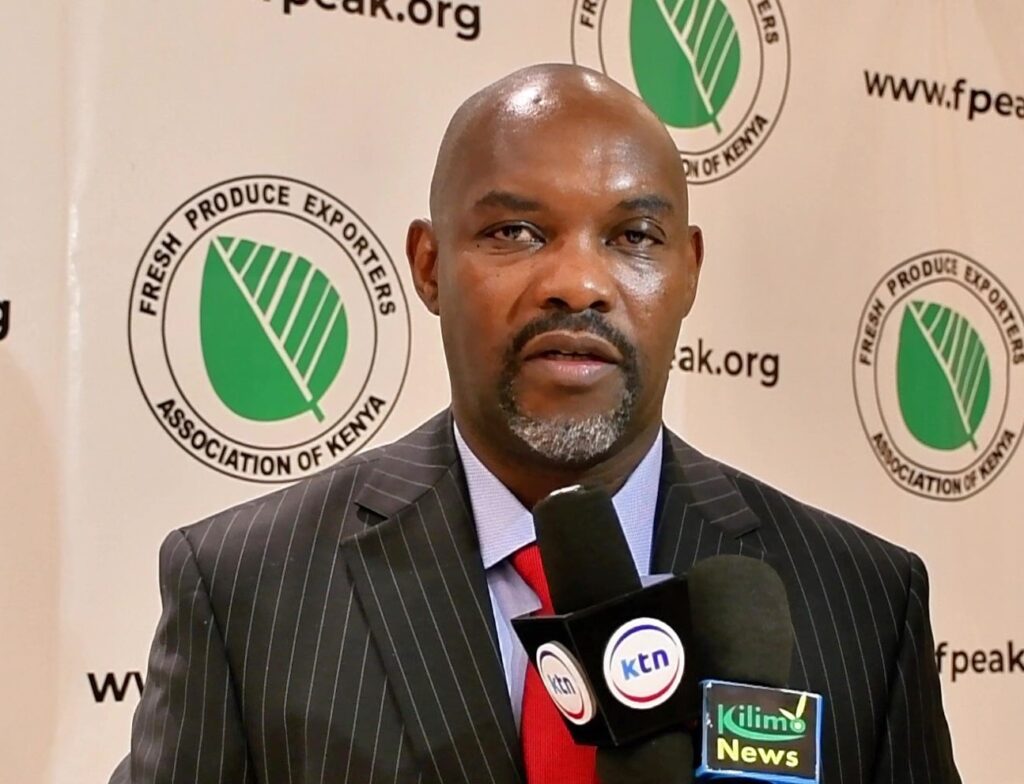
“We are always championing for a conducive environment in terms of the taxation regime, infrastructure development, opening of new markets, and support for small, medium and micro enterprises,” he said. “We stand with the youth and women entrepreneurs entering the sector, just like those who founded FPEAK in 1975.”
Machuki noted that with the right support, the sector has the potential to more than double its current contribution, bringing in over KSh 300 billion annually in foreign exchange and generating much-needed employment.
Over the decades, FPEAK has evolved to become a central player in shaping industry standards and policies. In the 1980s and 1990s, the association played a critical role in the development of internationally recognized standards for Kenyan produce. Today, FPEAK continues to represent the industry in several key national bodies.
“FPEAK chairs the Executive Committee of the Kenya Standard 1758 and the National Minor Crops Technical Working Group,” Machuki said. “We are also members of the National Trade Facilitation Committee and bring our expertise to many other national platforms.”
Despite its successes, the association has also faced significant challenges, including governance issues, food safety concerns, and logistical hurdles. However, Machuki said FPEAK has consistently worked through these difficulties by bringing on board experienced professionals and partnering with both government and international stakeholders.
The association’s current five-year strategic plan, which ends in 2025, is already being reviewed to guide its future direction. A key focus in the next phase will be market diversification.
“We have for many years depended on the European and UK markets, which remain important, but we are now actively looking at expanding into Asia, the Middle East, and the Americas,” he said.
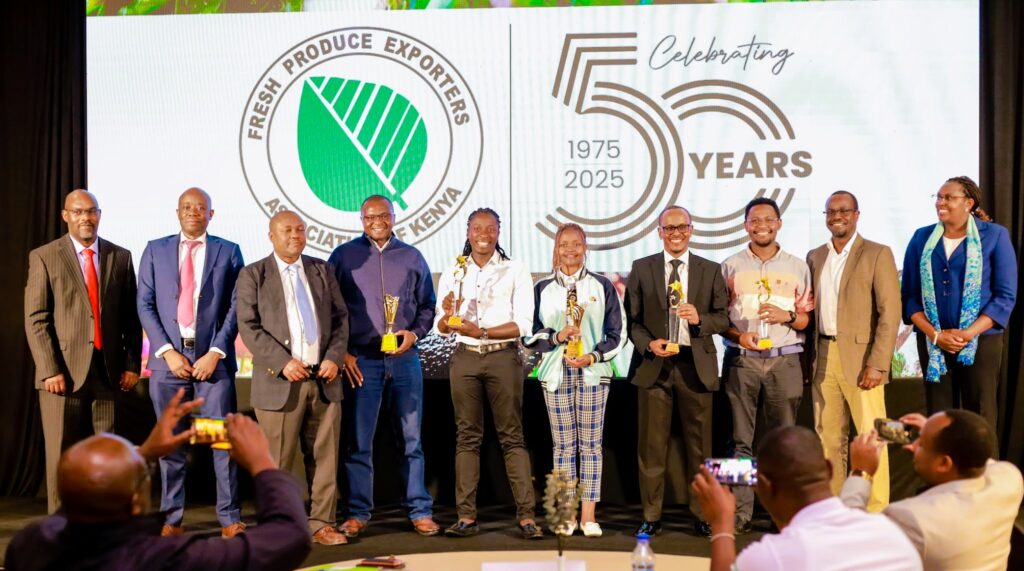
FPEAK is also reinforcing its commitment to sustainability by promoting economic, social, and environmental best practices among its members.
“We are very keen to champion sustainability,” Machuki opined. “Our members ensure that their operations reflect the three pillars of sustainability. This is critical as we grow our value proposition and remain competitive globally.”


